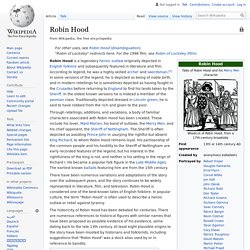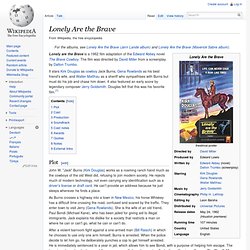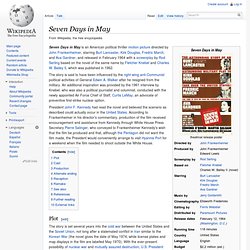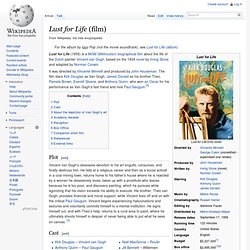

The Library of Congress Unlocks The Ultimate Archive System - Cr. Our division within the Library of Congress is responsible for the Library's 6.3 million piece collection of audio-visual and film materials.

I direct the film preservation program, and prior to the advent of the Packard Campus for Audio-Visual Conservation in 2007, we were primarily focused on the nitrate film collection: 140 million feet, dating back to the 1890s. Cellulose nitrate is a very flammable material, but it also happens to be a very high quality clear plastic – 35mm motion picture film was almost exclusively nitrate, from the beginning of filmmaking through 1950 or so in the US, possibly as late as the early 60s in Russia and eastern Europe. After a number of notable fires, cellulose nitrate was banned for projection in a theater except under very special circumstances. It was replaced by cellulose triacetate, but because of nitrate's nature to deteriorate, the content on all of the thousands of previously collected films was at risk. Shrinkage is the most notable.
Thank You For Being a Friend. Robin Hood. Robin Hood (spelled Robyn Hode in older manuscripts) is a heroic outlaw in English folklore, and, according to legend, was also a highly skilled archer and swordsman.

Although such behaviour was not part of his original character, since the beginning of the 19th century[1] he has become known for "robbing from the rich and giving to the poor",[2] assisted by a group of fellow outlaws known as his "Merry Men".[3] Traditionally, Robin Hood and his men are depicted wearing Lincoln green clothes.[4] The origin of the legend is asserted by some to have been actual outlaws, or ballads or tales of outlaws.[5] History[edit] In popular culture, Robin Hood and his band of "merry men" are usually portrayed as living in Sherwood Forest, in Nottinghamshire, where much of the action in the early ballads takes place.[7] So does the very first recorded Robin Hood song, four lines from the early 15th century, beginning: "Robyn hode in scherewode stod.
Early references[edit] Lytil Jhon and Robyne Hude. Lonely Are the Brave. It stars Kirk Douglas as cowboy Jack Burns, Gena Rowlands as his best friend's wife, and Walter Matthau as a sheriff who sympathises with Burns but must do his job and chase him down.

It also featured an early score by legendary composer Jerry Goldsmith. Douglas felt that this was his favorite film.[1] Plot[edit] John W. "Jack" Burns (Kirk Douglas) works as a roaming ranch hand much as the cowboys of the old West did, refusing to join modern society. Seven Days in May. Seven Days in May is an American political thriller motion picture directed by John Frankenheimer, starring Burt Lancaster, Kirk Douglas, Fredric March, and Ava Gardner, and released in February 1964 with a screenplay by Rod Serling based on the novel of the same name by Fletcher Knebel and Charles W.

Bailey II, which was published in 1962. The story is said to have been influenced by the right-wing anti-Communist political activities of General Edwin A. Walker after he resigned from the military. An additional inspiration was provided by the 1961 interview by Knebel, who was also a political journalist and columnist, conducted with the newly appointed Air Force Chief of Staff, Curtis LeMay, an advocate of preventive first-strike nuclear option. President John F. Plot[edit] Although personally opposed to President Lyman's position, Casey is appalled by the unconstitutional cabal and alerts the president of the potential threat. Cast[edit] Lust for Life (film) Vincent van Gogh's obsessive devotion to his art engulfs, consumes, and finally destroys him.

He fails at a religious career and then as a social activist in a coal mining town, returns home to his father's house where he is rejected by a woman he obsessively loves, takes up with a prostitute who leaves because he is too poor, and discovers painting, which he pursues while agonizing that his vision exceeds his ability to execute. His brother, Theo van Gogh, provides financial and moral support, while Vincent lives off and on with the critical Paul Gauguin. Vincent begins experiencing hallucinations and seizures and voluntarily commits himself to a mental institution. He signs himself out, and with Theo's help, returns to a rural area to paint, where he ultimately shoots himself in despair of never being able to put what he sees on canvas. [3] Wins[5][6] Actor in a Supporting Role: Anthony Quinn Nominations.